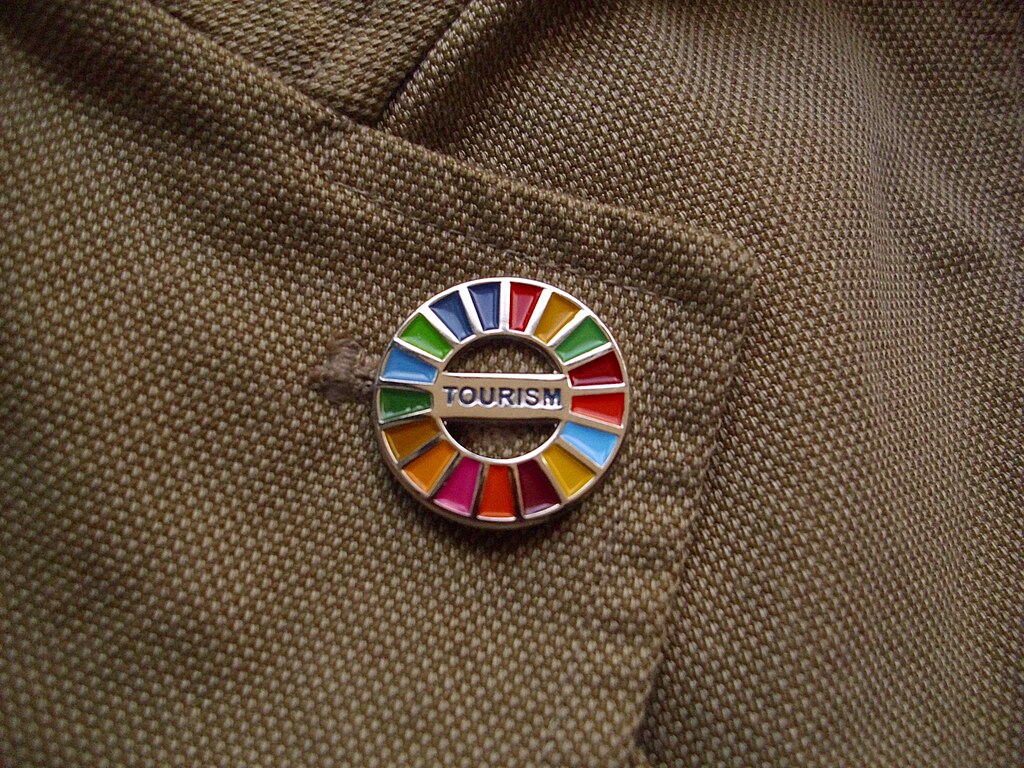
Course Description:
This course introduces students to the principles, practices, and challenges of sustainable tourism. It emphasizes the need to balance economic growth, environmental preservation, and social responsibility within the tourism industry. Students will explore strategies for minimizing the negative impacts of tourism while enhancing benefits for local communities and ecosystems.
The course covers topics such as sustainable tourism planning, eco-friendly business practices, responsible travel behavior, conservation of natural and cultural heritage, and policy frameworks that promote sustainable development in tourism. Case studies and practical examples will be used to demonstrate how sustainable tourism practices can be implemented across different tourism sectors.
By the end of the course, students will be equipped with the knowledge and skills to develop, manage, and promote tourism initiatives that are environmentally responsible, socially equitable, and economically viable.
Learning Outcomes:
Upon completion of this course, students will be able to:
-
Define sustainable tourism and explain its significance in the modern tourism industry.
-
Identify and analyze the environmental, social, and economic impacts of tourism.
-
Apply sustainable tourism practices in planning and management.
-
Develop strategies for promoting responsible travel and eco-tourism initiatives.
-
Evaluate policies and frameworks that support sustainable tourism development.
- Teacher: Admin User


